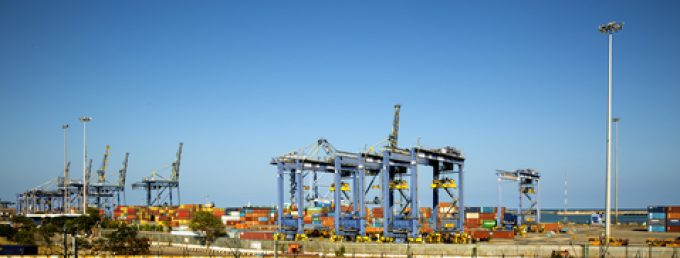Maersk warns of delays in Rotterdam after port workers' strike
Maersk has advised that, following a strike at Hutchison Port Delta II in Rotterdam on ...

Indian shippers are braced for major supply chain disruption after dockworkers call for strikes at key ports, claiming the government is still falling short of commitments.
The Loadstar previously reported that a consortium of labour groups in India told port authorities workers would stage indefinite work stoppages across ports from 17 December, in protest at the lack of action to address long-standing labour concerns.
The unions today confirmed their promise of “an indefinite strike”, should the government fail to implement ...
Outlook for container shipping 'more uncertain now than at the onset of Covid'
Teamsters union vows UPS will be 'in for a hell of a fight' over jobs cull
Shippers warned: don't under-value US exports to avoid tariffs – 'CBP will catch you'
Cancelled voyages take the sting out of spot rate declines this week
New Houthi warning to shipping as rebel group targets specific companies
K+N CEO unveils impact of US import tariffs on China-origin goods
Blanked sailings in response to falling demand 'just a stop-gap solution'
More pressure on transpacific rates as carriers bet on a China-US trade deal


Comment on this article